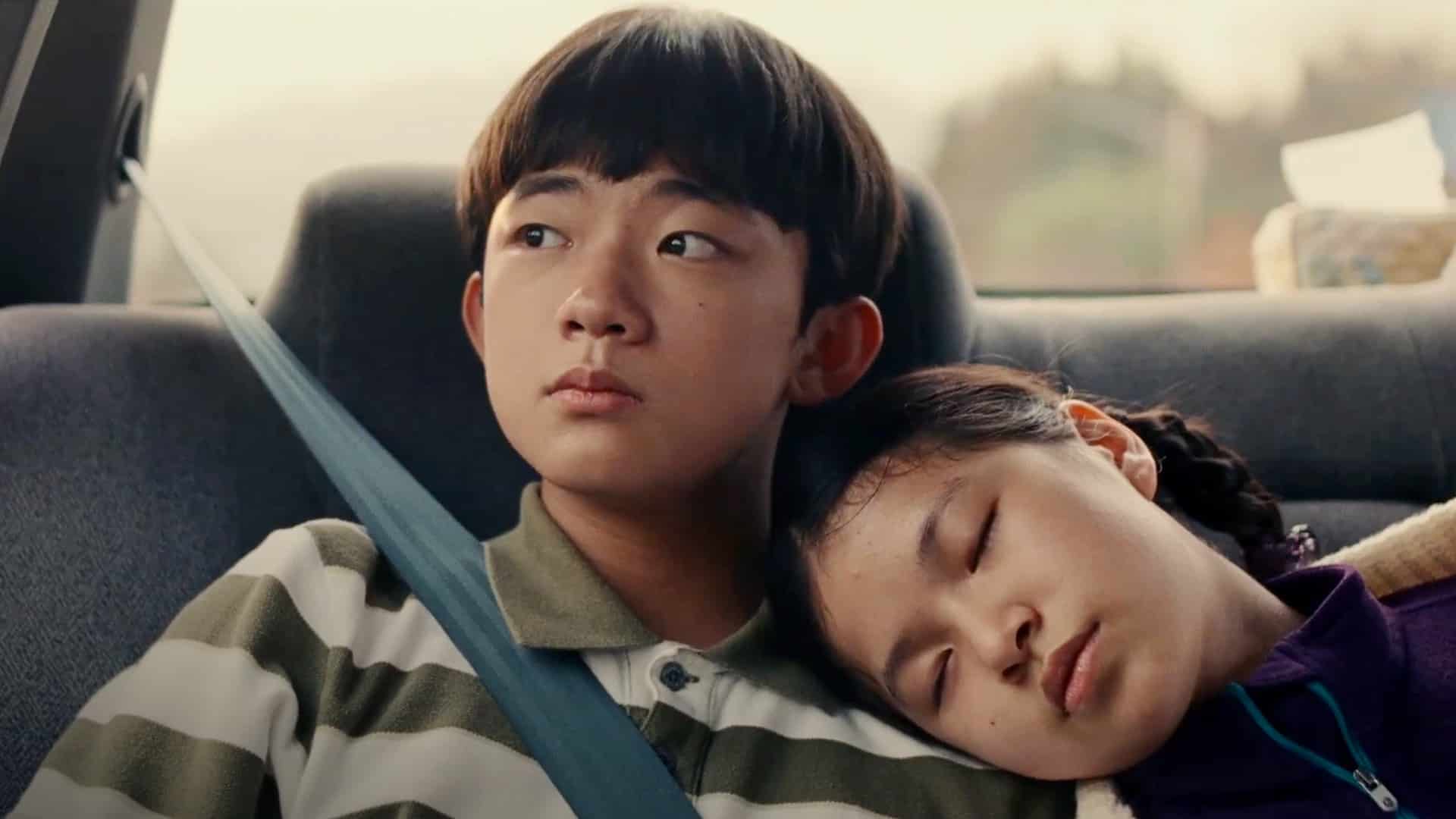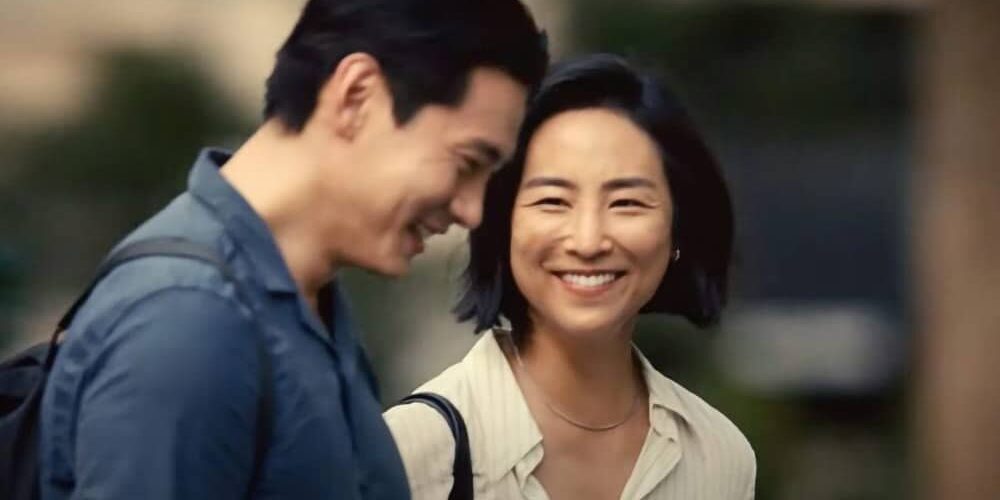Who hasn’t wondered, What if? “Past Lives” tells a remarkably tender story of the quiet devastation that can remain when people leave.
In Celine Song’s film, it’s the engineer who’s the dreamer and the playwright who prefers decisions based on practicality over possibility. In Song’s world, the sweep of in-yun, or fate, is introduced by a writer. But the true romantics of “Past Lives” may surprise you.
If life is the sum of the choices we make, what happens when both options in front of you are wonderful and terrible? When both choices force actions that are unavoidably messy and cruel? That’s the setup in Song’s exceptionable cinematic debut. It’s about the utter ache of living a single lifetime when even your most assured decisions only highlight what you don’t have.
“Past Lives” is a semi-autobiographic story of a childhood romance that is interrupted by a family’s move to another continent.

We first get to know Nora (Greta Lee), then called “Na Young”, and Hae Sung (Teo Yoo) when they’re twelve. They’re walking home together in Seoul and she’s crying because Hae-sung has received higher marks, for the first time, on school exams. But tears aside, a self-assured Na Young later tells her mother that she’ll probably marry Hae-sung. The affection is mutual, runs deep and belies their chronological age.
To soften the blow of the move, Na Young’s mom sets up a “date”. When asked by Hae Sung’s mom why they are leaving behind everything they have built in Korea, she tells her that “when you leave something behind, you gain something, too.”
A phone call 12 years later between Na Young, now “Nora,” and her mother sweetly bridges her re-connection with Hae Sung. As the mother and daughter laugh about the surprising outcomes of former family friends, Nora stumbles across Hae Sung’s post looking for “Na Young” on social media.
They reconnect, and as twenty-somethings, Nora and Hae Sung’s conversations begin awkwardly but soon slip into video chats that become so consuming and frequent that Nora tells Hae Sung that she needs a brief pause.
Not long after, Nora explains the concept of “in-yun” to her future husband. She tells Arthur (John Magaro) that if the notion of in-yun is to be believed, a couple has overlapped in 8,000 past lives before they marry. Nora laughs when asked if she really believes that. “No, that’s what Koreans say to seduce someone,” is her answer before leaning in for a kiss.
Twelve years pass.
Nora and Arthur have been married for seven years and Nora and Hae Sung have not kept in touch. Then, out of the blue, comes word that Hae Sung is coming to New York on vacation. In an on-the-nose summary, that can only be forgiven for its charming delivery, Arthur notes, “What a good story this is. Childhood sweethearts who reconnect 20 years later and realize they were meant for each other… I would be the evil white American husband standing in the way of destiny.”
Woah. Woah.
Cue the Manhattan dreamscapes of Nora and Hae Sung reconnecting in New York, filling in the past twelve years for each other, replete with soulful gazes and silences freighted with things unsaid. It’s slow burn at its best. But the cold splash that prevents them from melting into this swoon comes in the form of a loving and lovely husband. In lesser hands, Arthur could have been dismissed as the sensitive, beta male obstacle of the scenario. But Song and Margaro don’t let that happen.
There are no villains here. No easy answers. No hidden agendas or misunderstandings to drive desired outcomes. When Arthur bluntly asks if she’s attracted to Hae Sung, Nora answers, “I don’t think so. I don’t know. I don’t think so.” But instead of shutting down or lashing out in response to her careless, wounding honesty, Arthur absorbs the unintended hurt in the context of understanding that it’s simply not possible for all the good guys to win here.
Hae Sung, in turn, also accepts that there are no easy outs and tells Nora, “I didn’t think liking your husband would hurt this much.”
In a “Past Lives” Q&A following a soldout limited-release screening, Greta revealed that Celine was very deliberate in ratcheting up the tension and emotion of the Nora, Hae Sung, Arthur triangle. Until the shot of Nora and Hae Sung meeting in New York, Greta and Teo were not allowed to touch. Similarly, Celine had Greta shuttle messages between Teo and John to minimize the interaction (and fraternization) between Nora’s suitors throughout filming.
When asked how she responded to the script, Greta told the moderator that she “ugly cried” and couldn’t stop thinking about the story for weeks. I’m not sure how many tears have been shed but critics and early audiences share Greta’s take on Song’s restrained yet stunning cinematic debut. Called the darling of Sundance and one of Time Magazine’s “Best Movies of 2023 So Far”, this is a film that will stay with you.





